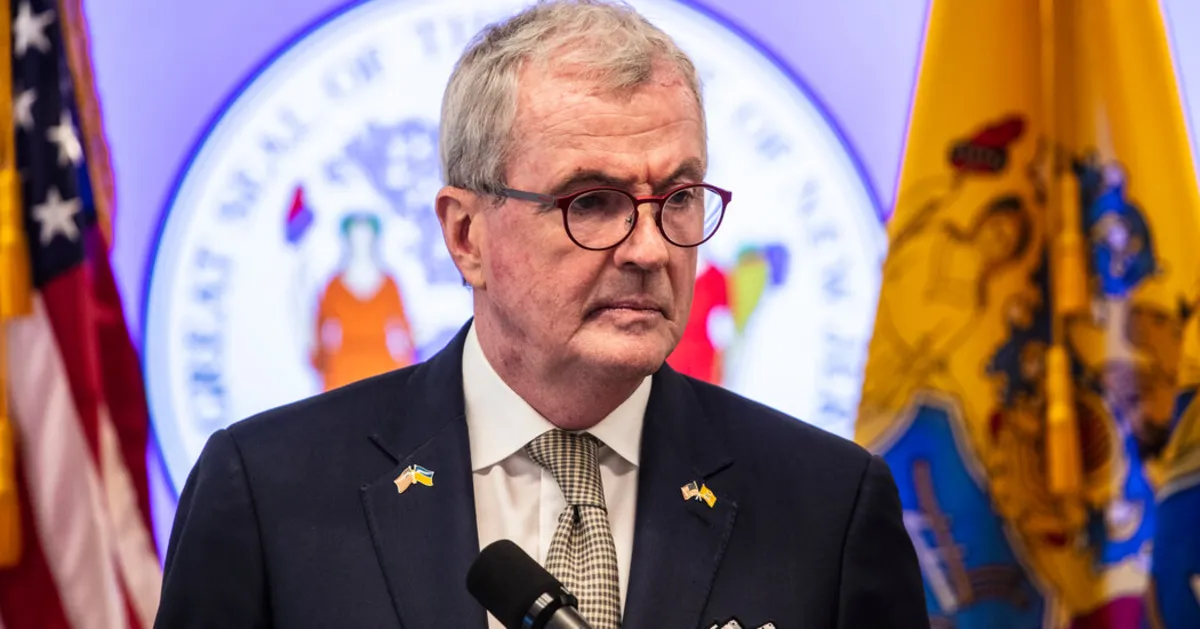
On Tuesday, Governor Philip D. Murphy of New Jersey unveiled a proposed $58 billion budget designed to maintain steady spending levels. This proposal comes as the state anticipates potential reductions in federal funding, including significant cutbacks in Medicaid.
State officials have admitted that creating the final budget for Governor Murphy's second term has been particularly challenging. This difficulty stems from the current political climate in Washington, where Republicans are considering substantial reductions in health care spending for low-income individuals to counterbalance $4.5 trillion in tax cuts.
New Jersey projects a potential loss of up to $5.2 billion in Medicaid matching funds. These funds are crucial as they provide health coverage to approximately 700,000 residents.
“There are some draconian cuts that might be presented,” stated Elizabeth Maher Muoio, New Jersey’s Treasurer. She emphasized that such cuts would be a significant game changer that everyone needs to be cognizant of.
It's important to note that New Jersey is not alone in facing these uncertainties. Last week, the bipartisan National Conference of State Legislatures issued a warning. They stressed that any reduction in Medicaid funding could have devastating consequences, with around 79 million Americans relying on it for essential health care services.
The proposed budget and potential federal cuts highlight the delicate balance states must maintain to secure funding for critical health services while navigating the political landscape in Washington.